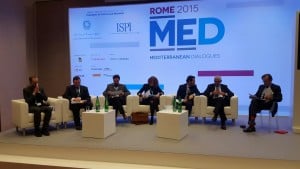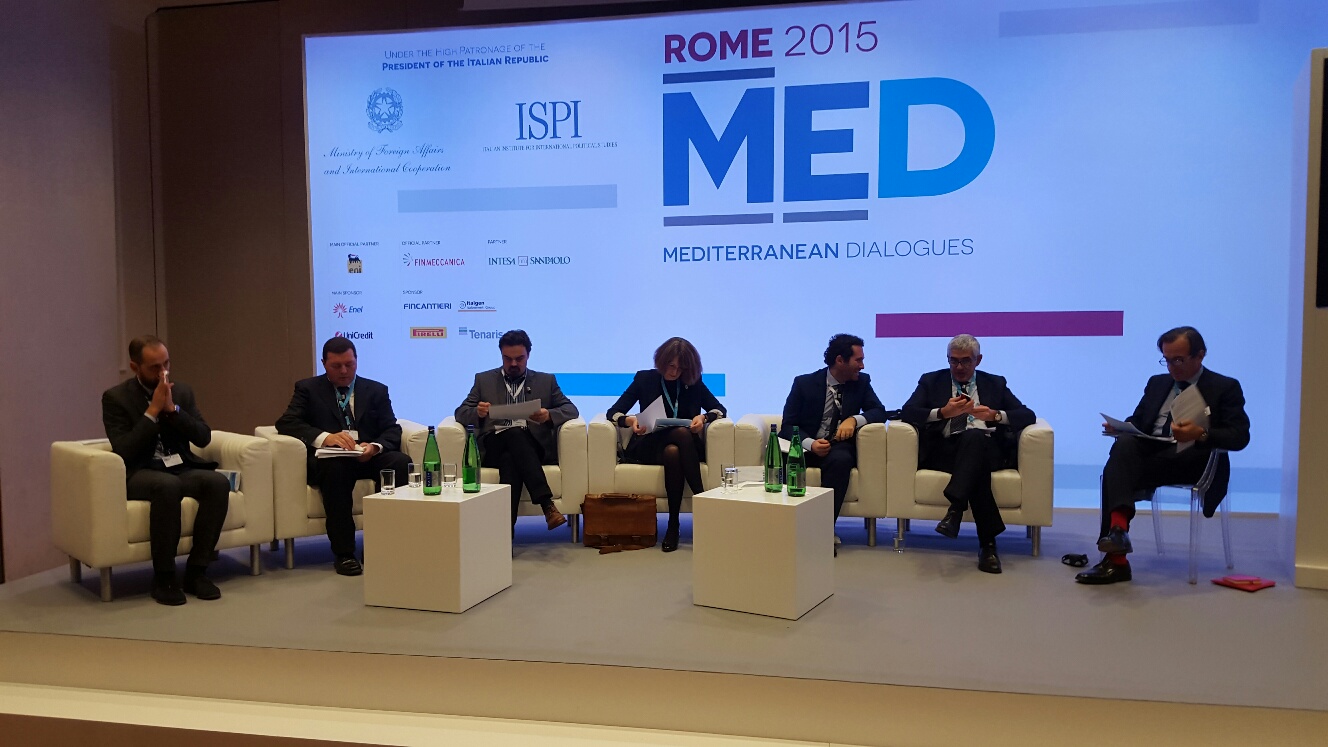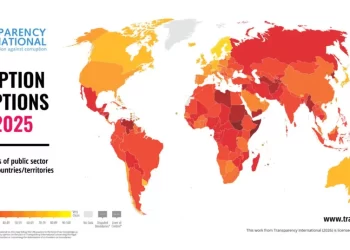By Sami Zaptia.

Rome, 12 December 2015:
Libya’s conflict is a proxy war carried out by its regional neighbours and its continuation is . . .[restrict]bad for Libya and bad for the region as a whole, and not only the immediate Mediterranean region but a threat to the whole of Europe.
The conclusion was reached by a group of Libyan experts gathered at the Rome 2015 Mediterranean Dialogues conference held in the Italian capital 10- to 12 December. Libya Herald was invited to the event.
The experts added that no one side, region, militia or set of militias are able to gain a decisive victory in the Libyan conflict – despite regional support – otherwise a victory would have been achieved by now.
The recent militia in-fighting in Tripoli between Tripoli-based and Misrata-based militias was seen by some as evidence that no-one militia could on its own dominate or monopolise the conflict and that small militias are still able to exert a ‘’spoiler’’ effect and punch well above their weight exerting leverage beyond their size on the security arena.
It was felt that the only winners of a continuing war of attrition would be outside interests or extremists/IS and that Libyans would best be served by an immediate ceasefire and a peace agreement that would halt the slide to increasing disorder and chaos and provide a foundation to talking extremists / IS.
Any peace agreement to succeed in the long run must be comprehensive and inclusive. If parties are excluded they will have the leverage to ‘’spoil’’ and such peace agreement. This, therefore, meant that the new post-Qaddafi order must have the long term vision to reconcile with former Qaddafi supporters if there is to be real long term peace in Libya. Minorities such as Amazigh, Tebus and Tuaregs also had to be included.
Some experts felt that Libya needed to embark on a South Africa-type ‘’Truth and Reconciliation’’ process in order to air grievances and turn over a new page. A dialogue on Libya’s new post-Qaddafi vision and social contract was also deemed necessary by others.
Whilst the experts agreed that for such a Government of National Accord (GNA) to succeed it most probably needs to be in the capital Tripoli and for that to happen a minimal level of security needed to be provided – no agreement on who or how such security could be furnished.
There was disagreement on whether any signed UN-brokered deal was a good deal or not. Some understood that a quick UN-Brokered deal was a good deal for the international community whilst not necessarily being inclusive enough to last beyond a signing ceremony.
The worst case scenario was deemed that there will be three Libyan governments after December 16: one in Tripoli, one in Al-Beida and a UN-backed GNA either in another city in Libya or in exile. A GNA in exile would lead to its quick failure it was thought.
It was agreed that the ‘’Leongate’’ debacle (emails between Leon and the UAE deemed to be showing his lack of impartiality) had tarnished the UN-led Libyan peace process and had made life more difficult for Leon’s successor Kobler and had made the Libyan peace process more difficult.
Whoever was head of a forthcoming GNA and wherever it was based, it was going to enjoy limited powers and capabilities and therefore expectations of a GNA should be realistically low. It will be no more than another caretaker government.
Nevertheless, it was felt that there can be no successful political agreement in the long run if there is no security agreement as the same security issues that undermined previous governments and political agreements would undermine the GNA.
Ultimately, the international community had to decide if it really wanted and valued peace in Libya. If it does, it has the capability to, directly or indirectly, pressure its allies: Turkey, Qatar, UAE, Egypt, Sudan etc, to stop interfering in Libya. [/restrict]









